A revealing handwritten letter emerged at the weekend from the England scrum half Danny Care, who wasn’t playing in the first Test against New Zealand, to his Harlequins and England colleague Joe Marler, who very much was. And how! ‘Joe, Just wanted to wish you all the best when you step on the battlefield tonight,’ wrote Care. ‘Go hard my friend, I wish I could be out there in the trenches alongside you.’ Say what you like about the military metaphor — and I think it’s bang-on for a match against the All Blacks — that note says as much about Stuart Lancaster’s England as a whole forest of commentary.
The comradely spirit, this band of brothers and all that, is to Lancaster’s immense credit and a world away from previous ego-filled teams to tour New Zealand. At the 2011 World Cup, England spent most of the time in bars tossing dwarves or snogging mystery blondes, when they weren’t chucking themselves off ferries or generally mucking about. Their rugby was shockingly mediocre.
In 2008, their previous tour, four England players were accused of ‘sexually’ violating a teenaged waitress after a drunken evening out (they all denied it, and no charges were brought). Two of them, Danny Care and Mike Brown, are stalwarts of the current England side, which shows there is room for redemption under Lancaster. Care, you may remember, also built up a string of offences for relieving himself in public. But clearly this coach would not put up with any more bad behaviour. Once the wastrel NCO, Care has become an inspirational senior officer. Now Lancaster looks like he can rehabilitate Danny Cipriani, too: a miracle-worker indeed.
For anyone who cares about England rugby it was fascinating that the best performers last time — Burns at outside half, Ben Morgan, Webber in the front row, Parling and Haskell — are the most likely to be dropped on Saturday in favour of what people are irritatingly calling ‘the cavalry’. The stand-ins grabbed their chance with both hands, but isn’t it thrilling that England are beginning to develop real strength in depth? To win a World Cup you need two world-class men in every position. When England’s third-choice hooker and fourth-choice fly-half outplay the All Blacks, that’s a good place to be.
And how encouraging that England were very clearly not happy to only lose to a late try, a result which might have brought quiet triumphalism a few years back. ‘We came out here to win the series not to lose close matches,’ said England’s captain Chris Robshaw, and it wasn’t bluster. This team has a hard-earned confidence that is far distant from the bellicose cockiness of past years.
Rugby teams are packed with big beards and designer stubble, of course, but I was stunned to see that Steven Gerrard seems to have grown a bushy brown number almost overnight. The last thing we want from the England captain is a surprise; just metronomic pinpoint passes through a packed Italian midfield to Sturridge, Lampard and Wilshere.
I’m not really Amelie Mauresmo’s type, which is a great pity because I’m a huge fan of hers, and not just because she earned me few quid when she won Wimbledon in 2006. She was always a terrific player, and cheerfully came out as a lesbian in her teens, bringing a whole heap of abuse down on her from the surprisingly prissy French media. Now that Andy Murray has signed her up as a coach, I hope we’ll be seeing a lot more of her. It also makes Murray seem an even more attractive and engaging figure. The swearing self-hatred has almost gone, and he’s now pursuing what works. Good on him. Let’s hope it does at Wimbledon.
Got something to add? Join the discussion and comment below.
Get 10 issues for just $10
Subscribe to The Spectator Australia today for the next 10 magazine issues, plus full online access, for just $10.
Roger Alton is an executive editor at the Times.
You might disagree with half of it, but you’ll enjoy reading all of it. Try your first month for free, then just $2 a week for the remainder of your first year.


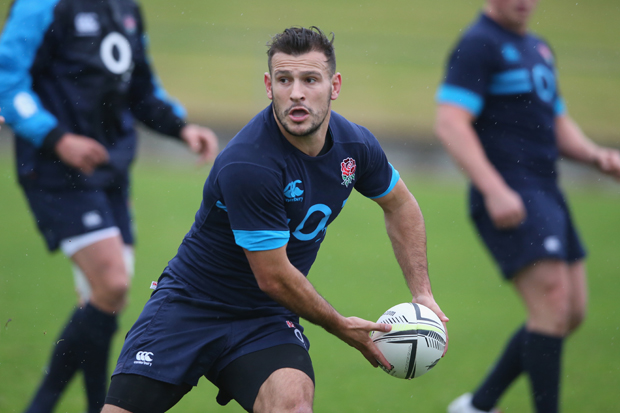
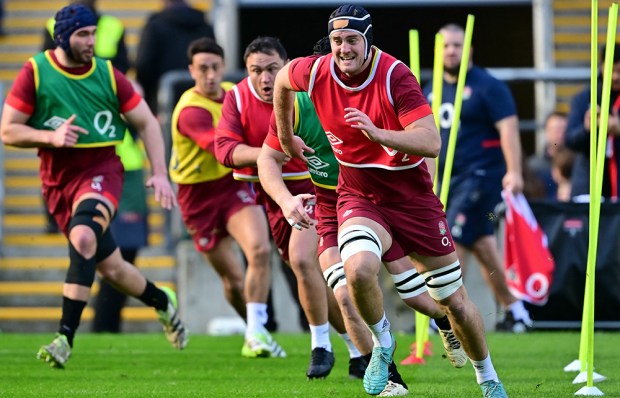
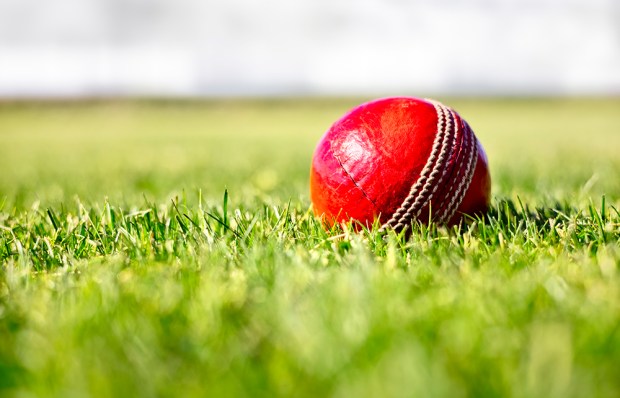
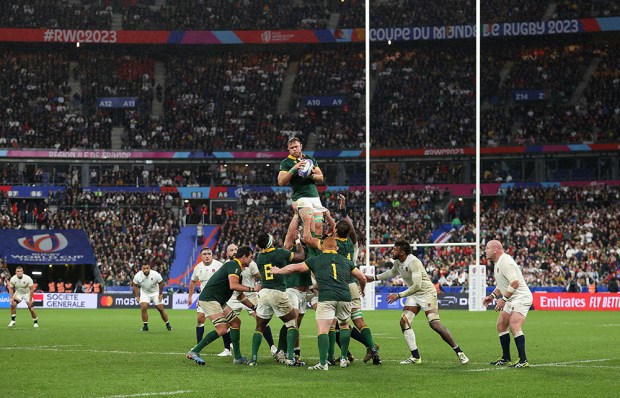
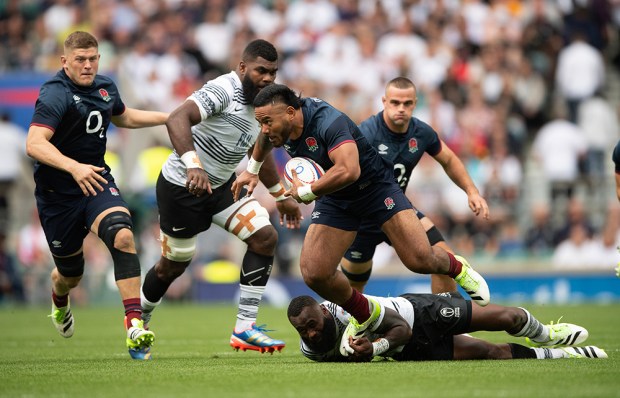

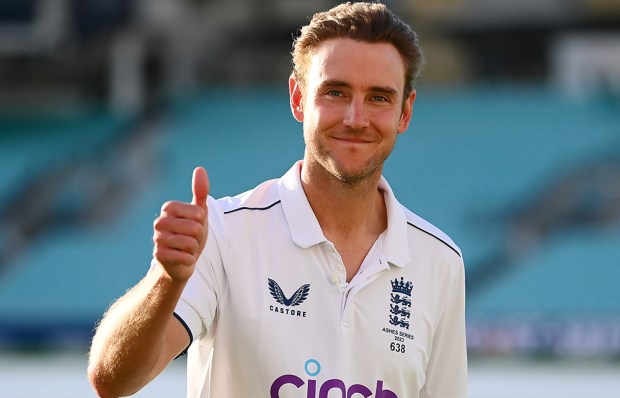






Comments
Don't miss out
Join the conversation with other Spectator Australia readers. Subscribe to leave a comment.
SUBSCRIBEAlready a subscriber? Log in